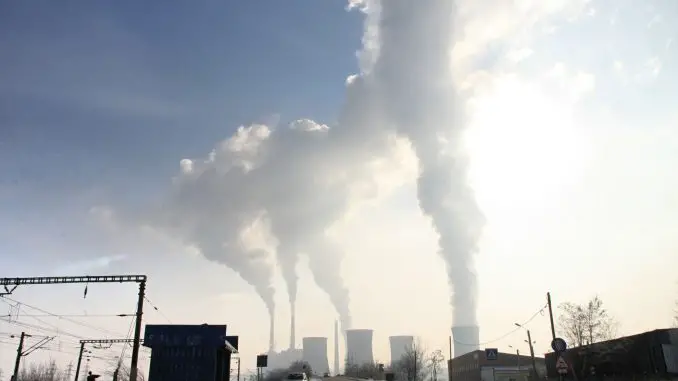
There are many advantages and disadvantages of fossil fuels. Although there are sufficient quantities presently to sustain demand, fossil fuels are not a renewable resource. At the same time, fossil fuels are still to this day important for all of society. From energy production to transportations.
The environmental devastation caused by the use of fossil fuels is growing rapidly and has become the subject of significant world concern. But until another affordable alternative energy source is discovered or innovated, fossil fuels will still likely be the primary energy source around the world. Although we are making some serious progress in many different industries, not to mention automotive, to move to another, more sustainable alternative for energy.
Let’s look closer at both the advantages and disadvantages of fossil fuels.
Reliability
Fossil fuels — oil, coal, and natural gas — are responsible for most of the energy consumed in the United States, and also in many other countries around the world. This use is sustainable in the near future. But fossil fuels are not a renewable resource, as they take millions of years to create. This means that when the reservoirs are empty, it will not be possible to produce more. As the current rate of utilization exceeds the current level of fossil fuel creation, the need for alternative energy is important. Fossil fuels only give us short-term reliability and must be replaced by a sustainable alternative in the future if we are going to have the energy for generations forward.
Cheap and reliable energy – read: fossil fuels – equals clean water, heat when it’s cold, cool when it’s hot, houses that protect against the weather, lighting, electric stove, refrigerator, washing machine, transport, communication, transport, media, modern healthcare, food supply and, not least, more comfortable, interesting and longer life. In addition, oil and natural gas are used for much more utility than energy – for example, clothes, medicines, fertilizers and plastics.
Environment
A notorious source of pollution, fossil fuels produce carbon dioxide. Carbon dioxide is a big issue as it contributes to the greenhouse effect. Coal, a widespread resource in the United States as well as China and other countries, also produces sulfur dioxide, a contributing factor to acid rain. Although the United States currently has sufficient coal reserves for more than 200 years at its current level of use, according to the US Energy Information Administration, coal causes damage to the environment. In addition to pollution and global warming, coal mining destroys large areas of land, including habitats and scenic landscapes.
Carbon dioxide is formed during all combustion, which contributes to the greenhouse effect. Carbon dioxide emissions cannot be cleansed but are directly proportional to the use of energy. On the other hand, carbon dioxide emissions differ between different fuels. The combustion of carbon gives rise to higher emissions of carbon dioxide per unit of energy than the combustion of oil and oil products such as gasoline and diesel.
The combustion also gives off emissions of environmentally and health-damaging substances. There may be topics such as sulfur dioxide, nitrogen oxides, particles, polyaromatic hydrocarbons, and harmful volatile organic substances.
Economy
Fossil fuels are in abundance and cost-effective. They generate significant amounts of electricity/energy with relatively little cost. The use of coal-fired electricity creates many jobs. Miners harvest coal, delivered to power plants by train. These trains need engineers and other workers to remain functional. The facility also needs maintenance and other crews to ensure functionality. With that said, there are a lot of jobs behind the extraction of fossil fuels. Sure, these individuals can move over to work with newer energy sources, but it’s not quite that easy. And what you will find is that most of these workers are naturally opposed to new and other sustainable energy sources that compete with their job.
Other benefits
Fossil fuels are easy to find, and power plants that use them can be designed almost anywhere. They provide an efficient, established energy source that makes our lifestyle. Most transport and buildings depend on fossil fuels for functionality.
Other disadvantages
The process of using fossil fuels can be dangerous and difficult for some workers. Coal miners encounter daily risks as they work to harvest coal. Fossil fuels have a bad smell, which makes the mine and power plant extremely smelly and unwanted. Due to the large amounts of coal a power plant requires, the environment is often stacked high with the resource.
Pros and cons of fossil fuels
- + Cheap and efficient
- + Easy to transport and handle
- +flexible
- – Has a negative impact on the greenhouse effect
- – The carbon dioxide content is increasing and can thus contribute to global warming
- – Carbon pollutes water during mining and produces carbon dioxide and mercury emissions during combustion
- -Fossil fuels are declining sources of energy, i.e. that they will end before it is formed again
- -Combustion causes acidification
- -Spill
The recurring argument on the positive side, in all three types of fossil matter, is that it is cheap. This is probably also why it has been used, and is still used in such extensive quantities.
Leave a Reply